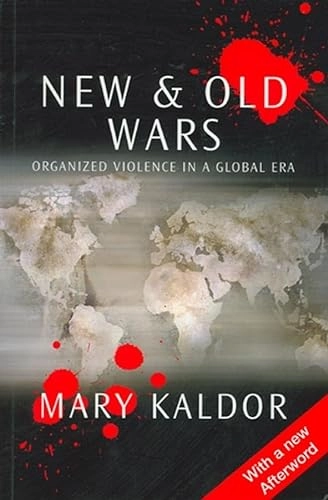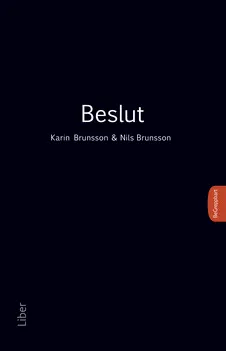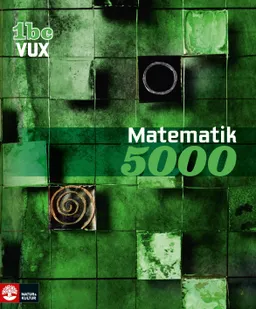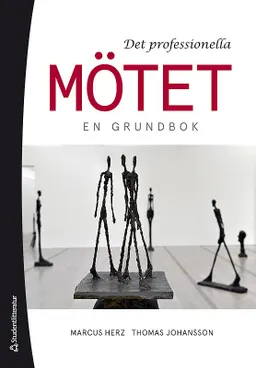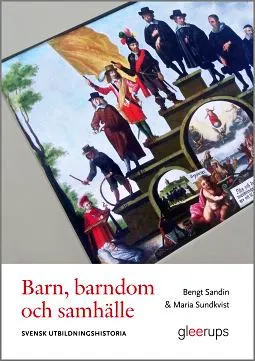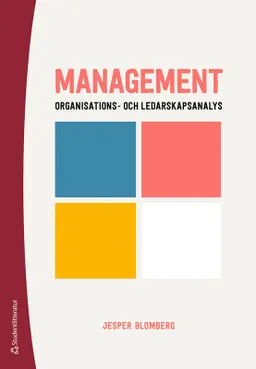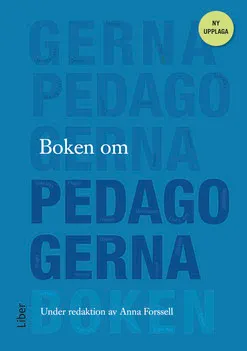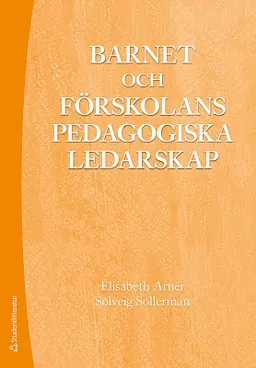Mary Kaldors New and Old Wars has fundamentally changed the way we understand contemporary war and conflict. In the context of globalization, this path–breaking book has shown that what we think of as war that is to say, war between states in which the aim is to inflict maximum violence is becoming an anachronism. In its place is a new type of organized violence or new wars, which could be described as a mixture of war, organized crime and massive violations of human rights. The actors are both global and local, public and private. The wars are fought for particularistic political goals using tactics of terror and destabilization that are theoretically outlawed by the rules of modern warfare. An informal criminalized economy is built into the functioning of the new wars. Kaldors analysis offers a basis for a cosmopolitan political response to these wars, in which the monopoly of legitimate organized violence is reconstructed on a transnational basis and international peacekeeping is reconceptualized as cosmopolitan law enforcement. This approach also has implications for the reconstruction of civil society, political institutions, and economic and social relations. This second edition has been fully revised and updated to deal with the implications of the new wars in the post 9–11 world. In a new chapter, Kaldor shows how old war thinking in Iraq has greatly exacerbated what is, in many ways, the archetypal new war with insurgency, chaos and the occupying forces lack of direction prescient of a different kind of conflict now emerging in the 21st Century. Like its predecessor, the second edition of New and Old Wars will be essential reading for students of international relations, politics and conflict studies as well as to all those interested in the changing nature and prospect of warfare.
Åtkomstkoder och digitalt tilläggsmaterial garanteras inte med begagnade böcker
